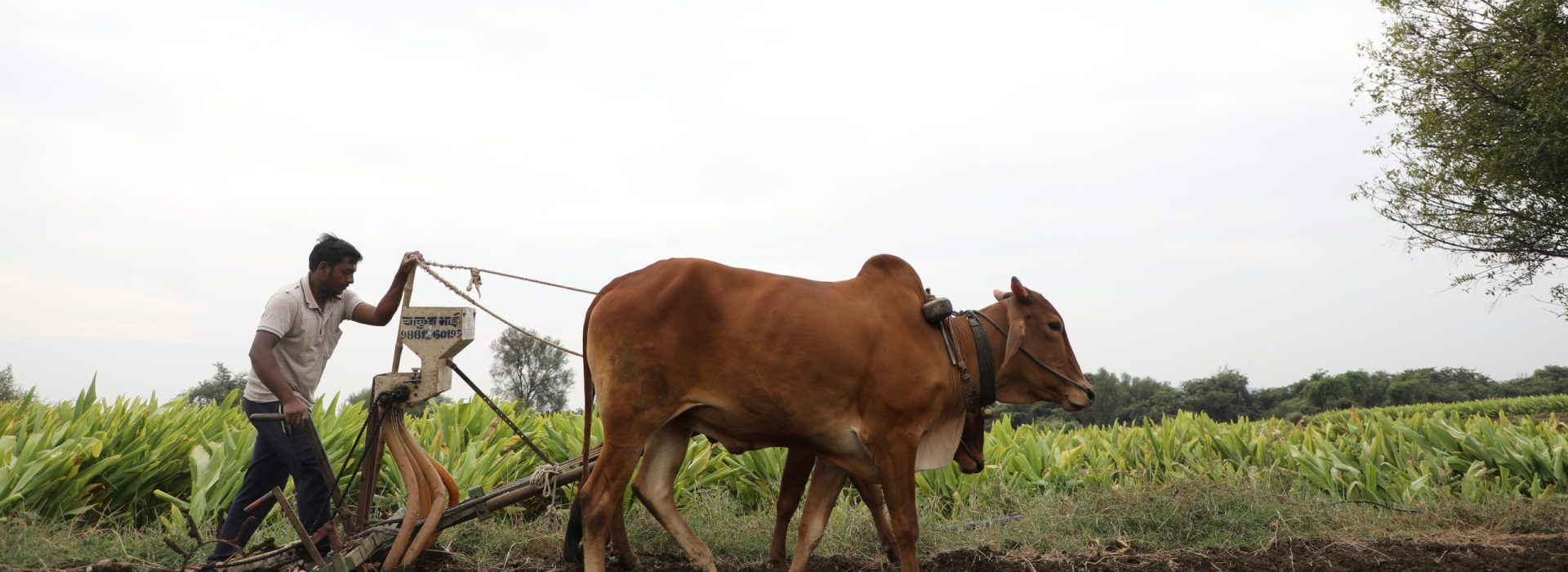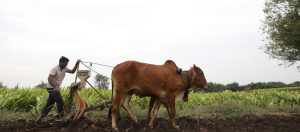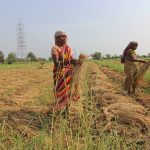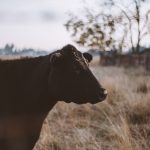In the race for agricultural innovation, the world has frequently embraced scientific determinism, depending on reductionist observations made in sterile laboratory settings. Though this method has yielded some advancements, it has simultaneously cast a shadow over the rich and time-tested knowledge systems that farming communities have nurtured and contributed to food and farming systems for generations. This post challenges the dominance of scientific thinking and underscores the urgent need to recognize and prioritize traditional wisdom in agriculture.
The Limitations of Scientific Determinism
Scientific determinism in agriculture focuses on empirical observation and experimentation in a lab. By isolating variables and conducting controlled experiments, scientists aim to uncover principles that can be applied on a global scale. However, this approach has been criticized for disregarding the ecological and local-based knowledge systems that have shaped sustainable farming practices for generations.
The reductionist nature of scientific determinism often leads to solutions that may work in a lab but fail to consider the complex interplay of factors in a real-world ecosystem. For example, genetically modified crops may increase yield but can also lead to unforeseen consequences such as loss of biodiversity or negative impacts on local wildlife.

Photo by on Pexels
The Rich Heritage of Traditional Farming
Traditional farming communities around the world have cultivated a profound understanding of their local ecosystems through generations of observation and practice. These methods often emphasize sustainability, biodiversity, and harmony with nature.
Practices such as crop rotation, polyculture, and natural pest control are tailored to the specific needs and conditions of a given region. They represent a sophisticated understanding of complex ecological relationships, honed through centuries of experience.
Unlike the “one-size-fits-all” solutions often proposed by scientific determinism, traditional farming recognizes the uniqueness of each ecosystem and seeks to work in harmony with nature rather than attempting to control or manipulate it.
Integrating Traditional Wisdom into Modern Agriculture
The wisdom of traditional farming is not a relic of the past but a vital resource for the future. By integrating this knowledge with selected modern agricultural practices, we can create a more resilient and sustainable food system.
Collaboration between local farming communities, policymakers, and researchers is essential to preserve and promote traditional knowledge. This includes respecting and valuing the expertise of traditional farmers and involving them in decision-making processes.
Conclusion
While scientific determinism has been emphasized in agricultural innovation, it pales in comparison to the rich and invaluable contributions of traditional knowledge systems. The wisdom of indigenous and local farmers is not just an alternative; it’s a superior treasure trove of ecological insights that have guided sustainable and harmonious farming practices for centuries. It’s time we recognize and prioritize this wisdom over laboratory-based science.
In the face of global challenges such as climate change, biodiversity loss, and deteriorating health, it’s time to look beyond the lab and reconnect with the land and the people who have nurtured it for centuries. By embracing traditional wisdom, we can build a more resilient and sustainable food system that honors the diversity and complexity of our natural world.












